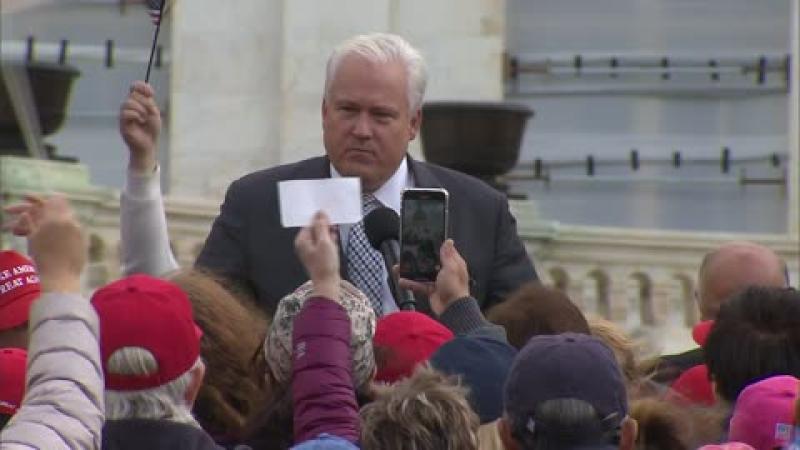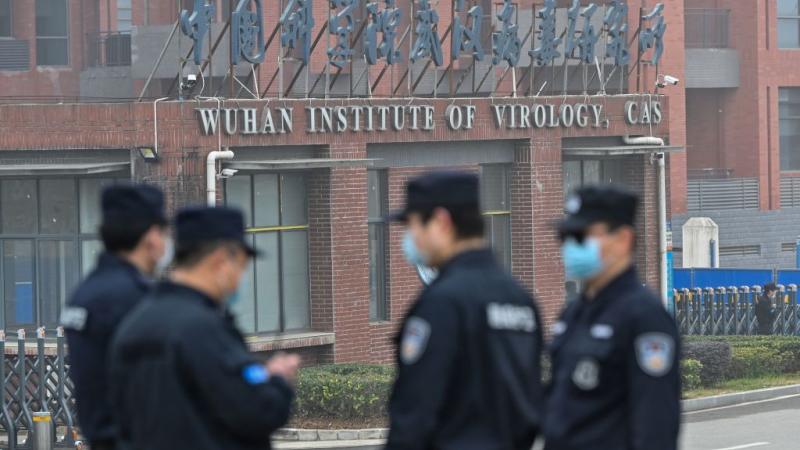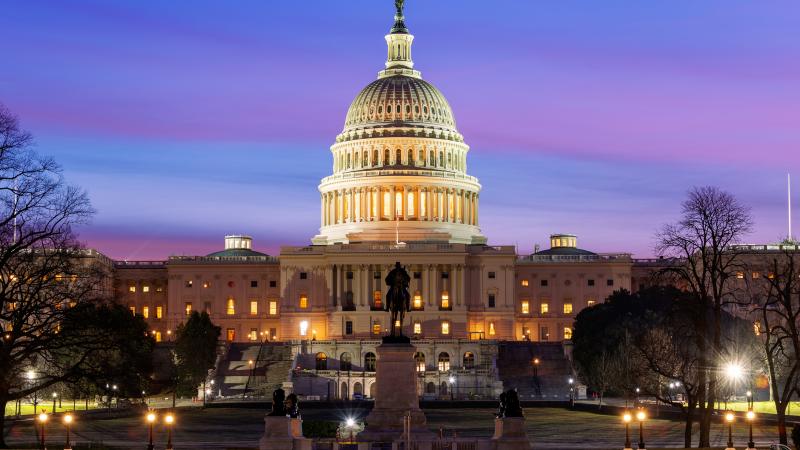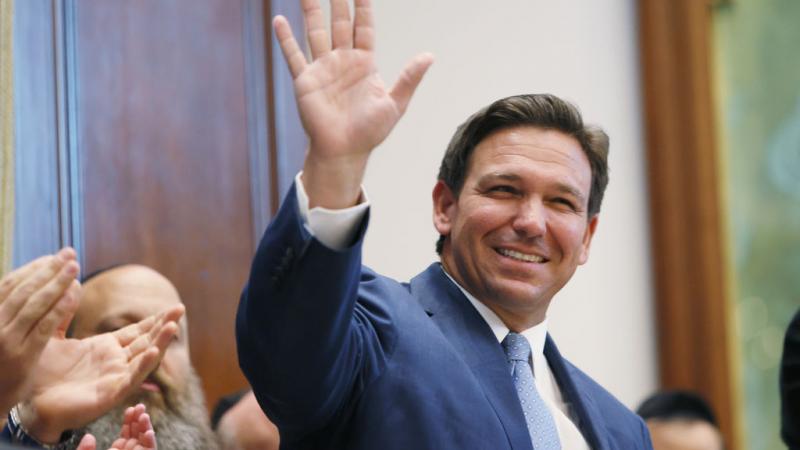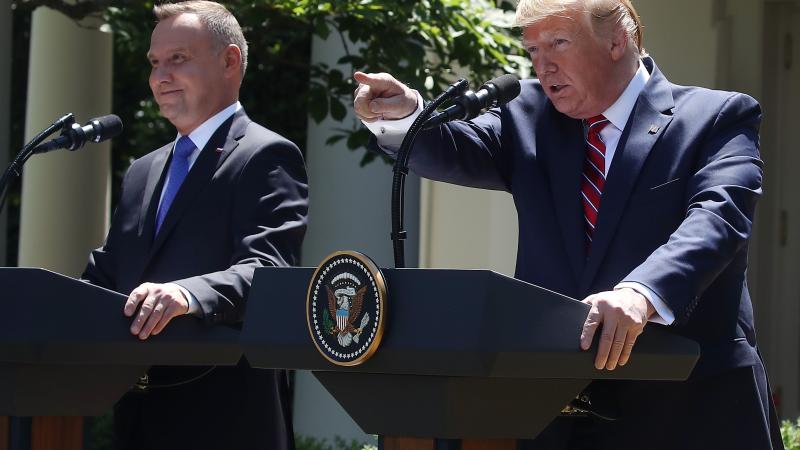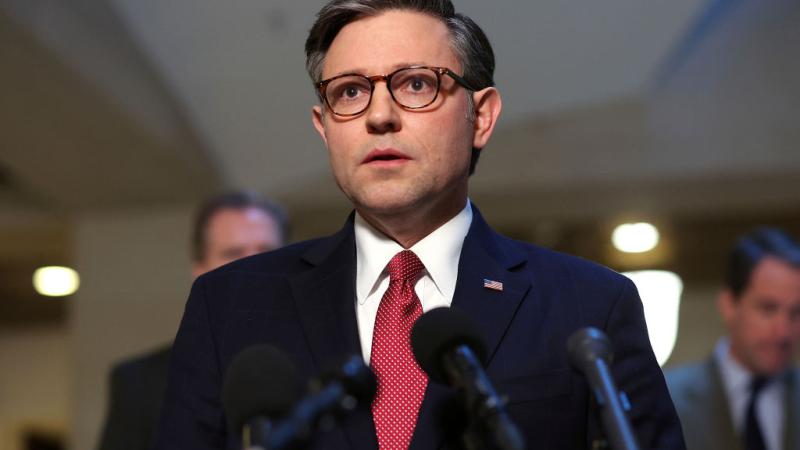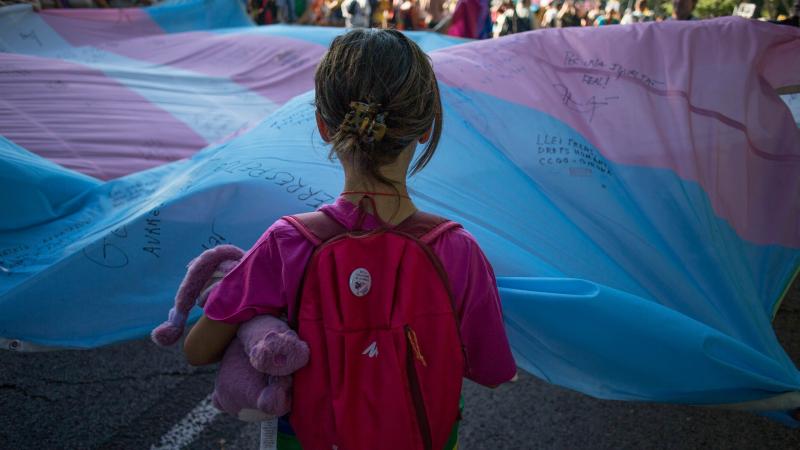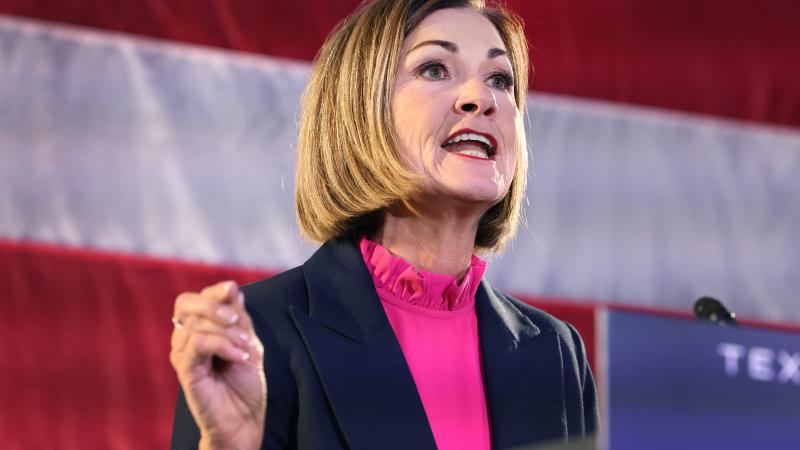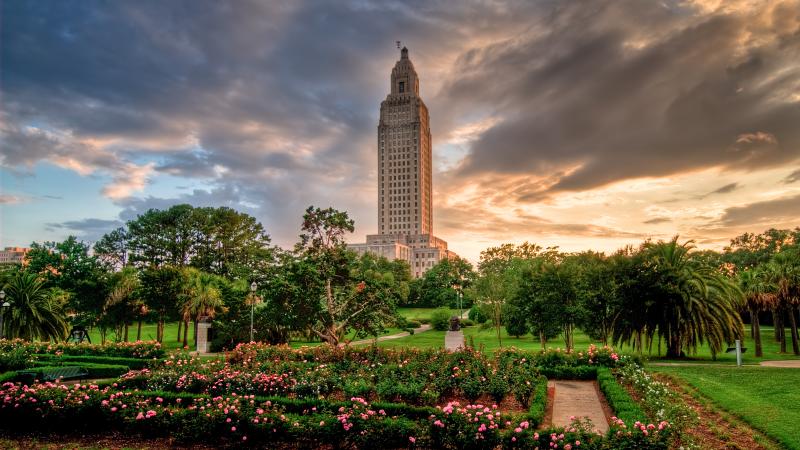In earlier Supreme Court rulings on COVID, Trump team sees hope for its election challenge
Justices have declared COVID can't be used as an excuse to trample the Constitution. Trump attorney John Eastman hopes that will apply to elections as well.
Members of President Trump’s legal team said they are hoping that recent Supreme Court rulings showing the justices believe that COVID-19 health concerns can’t be used to violate the U.S. Constitution will also apply to their legal challenge to the presidential election results in four states.
The Supreme Court late last month struck down New York Gov. Andrew Cuomo's new COVID-19 restrictions on religious gatherings, as new Justice Amy Coney Barrett cast one of her first high-impact votes and Chief Justice John Roberts sided in dissent with the court's liberal bloc. In a 5-4 decision, the court said Cuomo's restrictions violated the Constitution's First Amendment right to freedom of worship and granted an injunction barring the rules from being enforced. The justices in the majority opinion wrote that “even in a pandemic, the Constitution cannot be put away and forgotten.”
Trump and eighteen states have now joined a motion filed in Texas asking the Supreme Court to invalidate the Nov. 3 election results in Georgia, Michigan, Pennsylvania and Wisconsin, arguing officials in those four battleground states violated the Constitution by making changes to how ballots were cast and counted without legislative approval.
“Well, emergency powers as the Supreme Court has now said in a couple of important COVID-related cases doesn't give you the right to ignore the Constitution, And I think that's true here as well,” John C. Eastman, counsel of record for President Trump and former dean at the Chapman University School of Law, told host Stephen Bannon on “War Room: Pandemic” on Real America’s Voice Thursday morning.
“It was very easy if they thought they needed to have an emergency alteration to their state laws to ask the legislature to pass it, and the Democrats did that in some states. But when they didn't think that the legislature would go along, this is trying to fulfill a long-standing dream of Democrats, to just flood it with absentee ballot so the fraud is hard to prove. And using the COVID as an excuse, I think, is intolerable.”
In October, the Supreme Court upheld an effort by Alabama state officials to ban curbside voting. The high court also in June rejected an emergency appeal in Texas from Democrats seeking to allow voters to cast absentee ballots if they feared COVID-19 risks from voting in person. And in late October, by a 5-3 ruling, the U.S. Supreme Court refused to revive a trial court ruling that would have allowed an extension of Wisconsin’s deadline for absentee ballots to six days after the election.
Multiple cases from Trump-allied plaintiffs have been dismissed at state and federal levels, including the Supreme Court on Tuesday rejecting a Pennsylvania GOP effort to halt the certification of the 2020 presidential election in that state, dealing a potentially fatal blow to efforts by Republicans to bring before the high court a constitutional argument regarding mail-in voting there.
However, Texas Attorney General Ken Paxton, who is leading the state-based legal challenge at the Supreme Court, told Just the News he was not discouraged by the Pennsylvania ruling, saying “I think we are making a very legitimate argument for the citizens of Texas. And I'm hopeful that the Supreme Court will consider it based on what the Constitution requires, and what actually happened in these states.”
Paxton said many of the cases that have failed were premised around allegations of systemic voter fraud, an issue that he said is not material to his case.
“I'm not making a fraud argument, I'm making an argument based on the Constitution,” Paxton said. “And what we know happened, which is that we know state law was changed by people other than the state legislature, which is the only constitutionally-authorized changes that are allowed. So we know that law was violated.
"My argument is that the law was violated, the Constitution was valid. I'm not I'm not addressing whether there was 2 million fraudulent ballots cast in Pennsylvania. I don't know, and there's no way to know. The way the system got set up, the way the rules got changed--supposedly because of COVID--we can't even know. We can't know if any of these ballots are legitimate. They did it in a way so that you can almost never go back and check it," he added.
The Facts Inside Our Reporter's Notebook
Links
- struck down New York Gov. Andrew Cuomo's new COVID-19 restrictions on religious gatherings
- War Room: Pandemicâ on Real Americaâs Voice Thursday morning
- Supreme Court upheld an effort by Alabama state officials to ban curbside voting
- in June rejected an emergency appeal in Texas from Democrats
- a trial court ruling
- Supreme Court on Tuesday rejecting a Pennsylvania GOP effort to halt the certification of the 2020 presidential election


